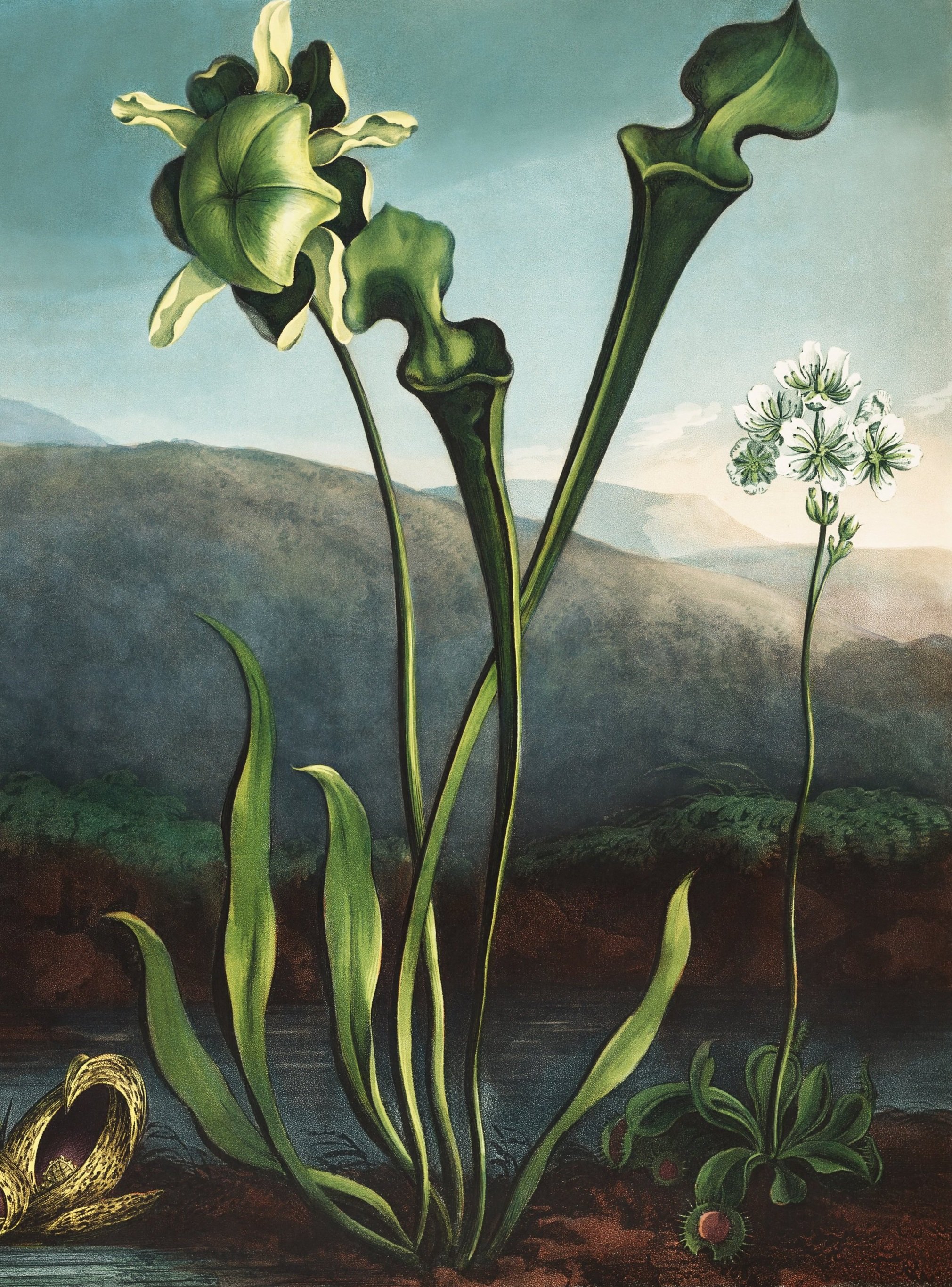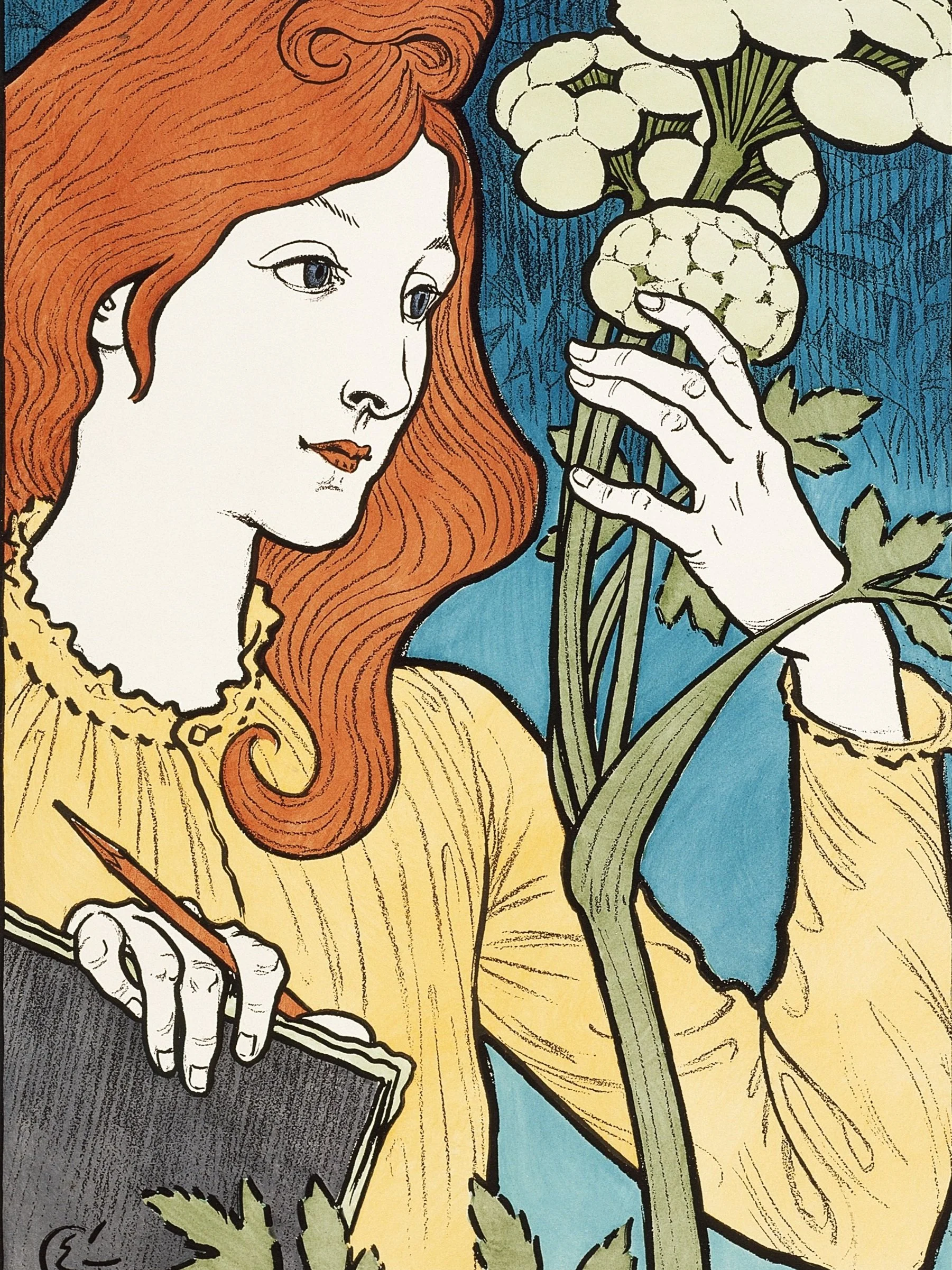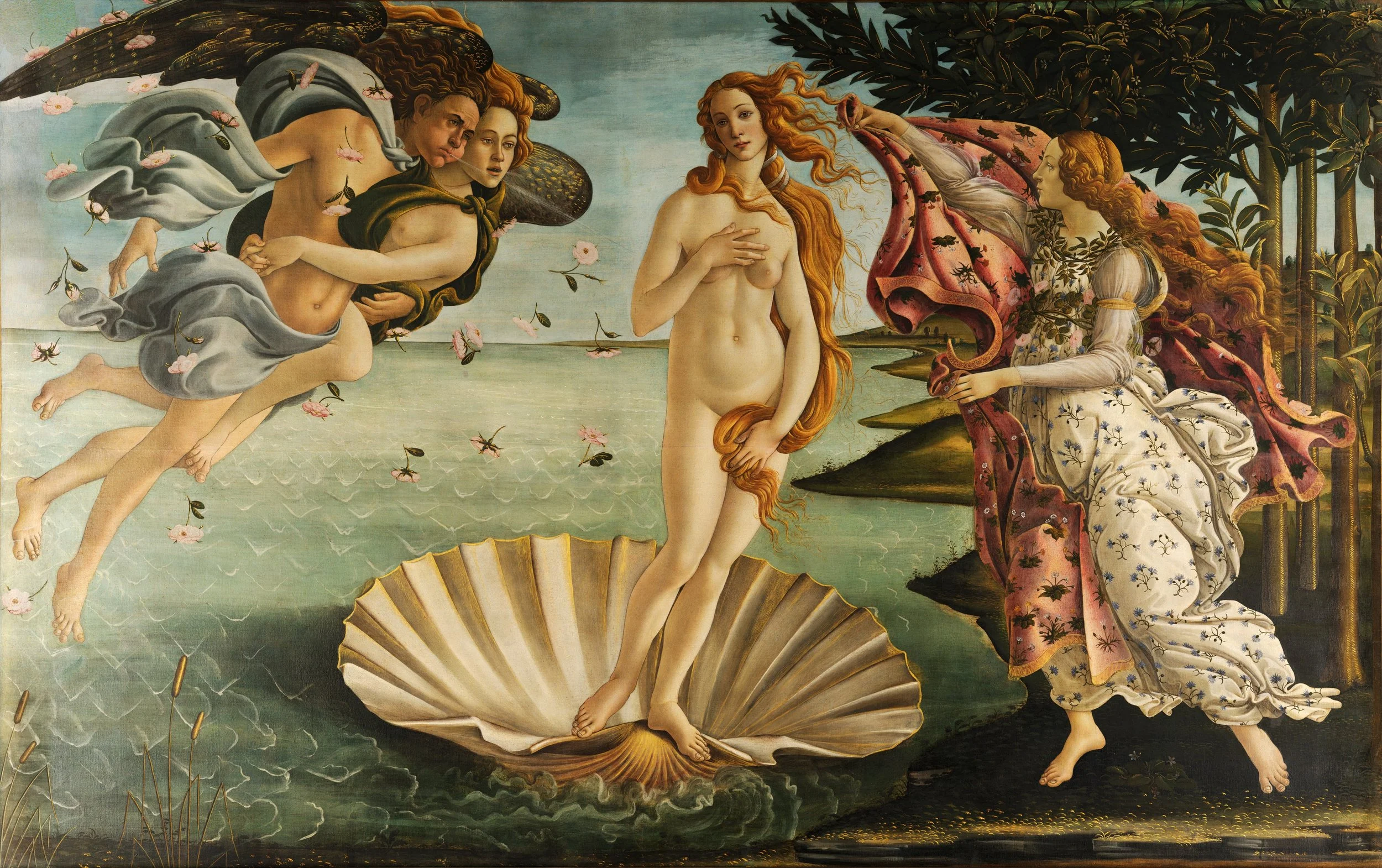
Spring Stories
Literature
With her trademark irony, Eliot exposes the absurdities of "silly novels," populated by impossibly perfect heroines and drenched in melodramatic moralizing. Yet beneath her cutting humor lies a more serious plea: for literature to aspire to honesty, complexity, and humanity.
Katherine Mansfield’s The Garden Party is a shimmering example of modernist short fiction, a narrative that glides gracefully on the surface of a single day while plunging into the unsettling depths of class, mortality, and self-awareness.
Richard Garnett’s The Twilight of the Gods and Other Tales is a sparkling collection of literary curiosities—fables, fantasies, and philosophical vignettes—that revel in the absurdities of gods, men, and the tenuous line between them.
Set aboard the steamboat Fall of Rome during a lively excursion, the story captures the absurdities of social posturing, class dynamics, and familial tensions through the misadventures of Mrs. Tuttle, her ostentatious pet parrot, and a cast of vividly drawn townsfolk.
Myths & Legends
If love is the most inexhaustible of human concerns, it is also the most fraught. In mythology, love is never a mere emotion—it is a force, a weapon, a punishment, and, at times, a divine calamity. Nowhere is this clearer than in the ancient world’s vision of love as embodied by its gods.
To Pandora the world into which she came was all fresh, all new, quite full of unexpected joys and delightful surprises. It was a world of mystery, but mystery of which her great, adoring, simple Titan held the golden key. When she saw the coffer which never was opened, what then more natural than that she should ask Epimethus what it contained?
The child was lying, for a wonder, quite easy and quiet in the cradle, every now and then cocking his eye, that would twinkle as keen as a star in a frosty night, over at the great fire, and the big pot upon it; and he looked on with great attention at Mrs. Sullivan breaking the eggs and putting down the egg-shells to boil. At last he asked, with the voice of a very old man, "What are you doing, mammy?"
One would have taken her for a little angel, she was so very beautiful; for her swooning away had not diminished one bit of her complexion; her cheeks were carnation, and her lips were coral; indeed, her eyes were shut, but she was heard to breathe softly, which satisfied those about her that she was not dead. The King commanded that they should not disturb her, but let her sleep quietly till her hour of awaking was come.
History
As February’s ice-bound grip begins to slacken—imperceptibly at first, in the softening edges of frost and the earliest stirrings of snowdrops—Imbolc arrives with the hush of a season in transition. An ancient festival, largely associated with Celtic traditions, Imbolc marks the midpoint between winter and spring, a moment when the long night begins to recede, and the land, still dormant, whispers of renewal.
The hope chest once stood as a symbol of a young woman’s preparation for marriage, a tangible manifestation of domestic readiness. Yet beneath the polished wood and hand-stitched linens lay a more complex social history.
There is something Greek, something akin to Œdipus and Thyestes, in the tragedy of Anne Boleyn. It is difficult to believe that we are viewing the actions of real people subject to passions violent indeed yet common to those of mankind, and not the creatures of a nightmare. Yet I believe that the conduct of the three protagonists, Henry, Catherine, and Anne, can all be explained with the aid of a little medical knowledge and insight.
"No one can say that he is free from sin. I am a woman and human, and have offended God, and I repent of my sins, and pray God to forgive me, doing penance for the same; but at present I do not know to whom I could or should confess--God forbid that I should ask you to be my confessor."













